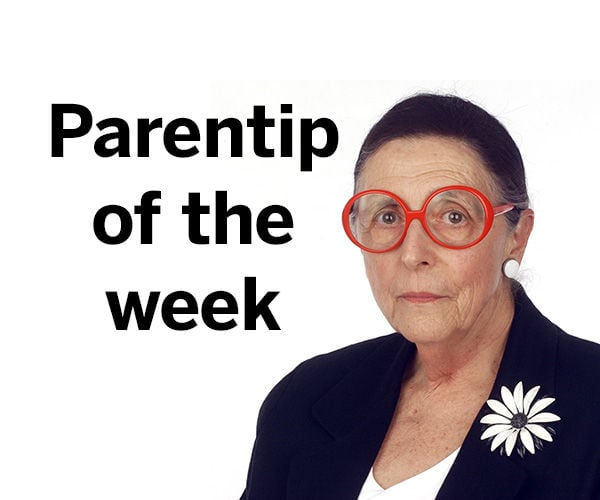“We are happily pregnant with our first at age 40 (mother) and 44 (father). We are overwhelmed by all the parenting advice there is on the Internet, with so much contradicting information. How did you learn how to do the right thing and be a good parent?”
My parenting was done years before the Internet and I was already a pediatrician when I had my first, but I felt as overwhelmed as you do now.
So be prepared for times you will feel you just did the wrong thing and will despair of ever becoming a “good parent.” But remember most of us do just fine and most children turn out just fine.
Here is a quick introduction to Parenting 101.
Parenting is not instinctive, though you will be told parenting is the most natural thing in the world, so when they put the new baby in your arms you’ll know what to do. Not really. When the baby is first put in your arms, you will feel the most incredible surge of love you have ever felt! But actually what parenting we thought was instinctive was learned. We humans learned how to parent by living closely with others whose parenting skills were modeled for us and taught to us.
Now we live in separate houses, families are smaller so we don’t get to practice on siblings, and we don’t learn about parenting in school or college.
New parents all need to learn skills and strategies that work and do no harm. But today’s parents are busy. And never has there been more advice on parenting ... and less time to sort out conflicting opinions.
My basic advice about advice? There is often no right answer. Nobody has done a controlled study on parenting.
And even if one was done, for instance assigning newborns at random to crib or family bed to study how each group turns out, and even if other variables such as economic status and number of siblings were controlled for, we would not know if the results found were caused by where the baby slept.
When surfing the Internet, pay attention to the source and give the most weight to professional, peer- reviewed sources. Ask yourself, “Does this advice make sense?” and “Does this advice feel right?” Trust your own advice to yourself. If how you deal with your child feels right to you and if you are sure what you are doing is safe and has no dire side effects, do it. Let your child’s pediatrician help you sort out all the contradictory health advice out there. Use the same skeptical caution when you get advice from family and friends
Take the time to figure out whether the advice applies to you, because some advice is “generic” and some is “prescription.” When I answer a letter from a parent whose child I have never seen, I try to be helpful to the parent who wrote the letter and am always delighted to be told that my generic advice helps other parents who read my column. But the advice given to you by your pediatrician who knows you and your child is prescription advice.
I have been offering advice to parents for many years. My credo? I believe in parents. I believe in your desire and determination to do the best you can for your child. I believe you have the intelligence to sort out generic from prescription advice, to decide whether what I write applies to you, and differentiate Internet junk from factual data.
Have a nice baby and accept my best wishes for happy parenting!





